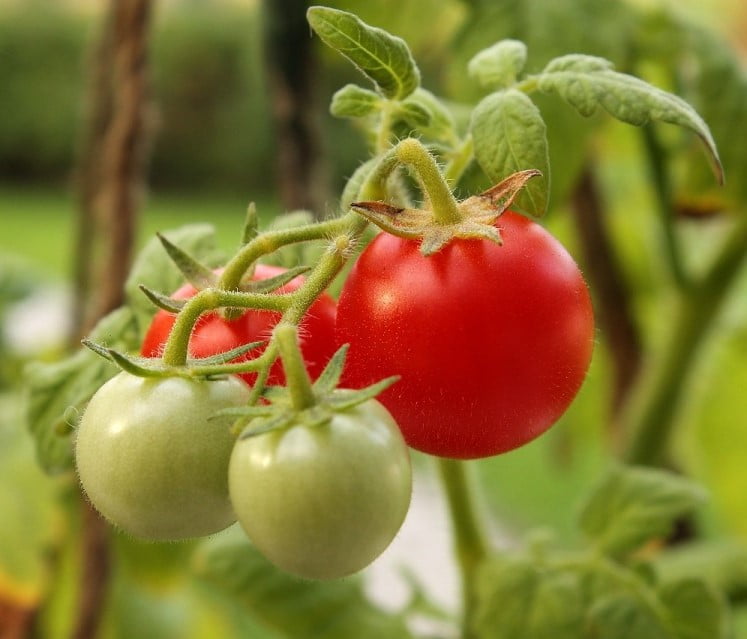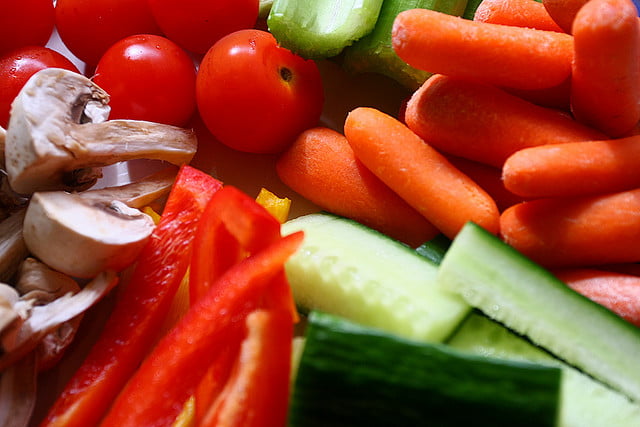Treating greywater and using it for agricultural irrigation is one of the best ways to conserve and recycle water. But now, an Israeli study shows that eating vegetables and fruits grown in soils irrigated with reclaimed wastewater exposes consumers to pharmaceutical contaminants. This new experiment found residues of carbamazepine – an anti-epileptic drug commonly detected in wastewater effluents – in the urine of people who consumed vegetables grown in wastewater-irrigated soil.
SEE ALSO: In Face Of Global Shortage, World Leaders Praise Israel’s Water Technologies
“Fresh water scarcity worldwide has led to increased use of reclaimed wastewater, as an alternative source for crop irrigation. But the ubiquity of pharmaceuticals in treated effluents has raised concerns over the potential exposure for consumers to drug contaminants via treated wastewater,” according to the team of researchers from the Hebrew University of Jerusalem and Hadassah Medical Center.
Study co-author Prof. Benny Chefetz of the Hebrew University acknowledges that “Israel is a pioneer and world leader in reuse of reclaimed wastewater in the agriculture sector, providing an excellent platform to conduct such a unique study.” However, his study – one of the first to directly address exposure to such pharmaceutical contaminants in healthy humans – shows that additional safety measures should be considered when treating wastewater for agricultural use.
SEE ALSO: How Israelis Are Helping Solve California’s Devastating Drought
The study, which was recently published in the scientific journal Environmental Science and Technology, followed 34 men and women divided into two groups. The first group was given reclaimed wastewater-irrigated produce for the first week, and freshwater-irrigated vegetables in the following week. The second group consumed the produce in reverse order.
The volunteers consumed the produce, which included tomatoes, cucumbers, peppers and lettuce, according to their normal diet and drank bottled water throughout the study to neutralize water contamination.
“We have demonstrated that healthy individuals consuming reclaimed wastewater-irrigated produce excreted carbamazepine and its metabolites in their urine, while subjects consuming fresh water-irrigated produce excreted undetectable or significantly lower levels of carbamazepine,” Prof. Ora Paltiel of the Hebrew University, who led the study, said in a statement. “Treated wastewater-irrigated produce exhibited substantially higher carbamazepine levels than fresh water-irrigated produce.”

Research showed that healthy individuals who consumed reclaimed wastewater-irrigated produce excreted carbamazepine in their urine. Infographic by The Hebrew University of Jerusalem
She further warns that “those who consume produce grown in soil irrigated with treated wastewater increase their exposure to the drug.” Although the levels detected were much lower than in patients who actually consume this specific drug, “it is important to assess the exposure in commercially available produce.”
Most importantly, this study demonstrates that “human exposure to pharmaceuticals occurs through ingestion of commercially available produce irrigated with treated wastewater, providing data which could guide policy and risk assessments,” Chefetz concludes.
Photos and infographics: The Hebrew University of Jerusalem
Related posts

Israeli Medical Technologies That Could Change The World

Harnessing Our Own Bodies For Side Effect-Free Weight Loss

Missing Protein Could Unlock Treatment For Aggressive Lung Cancer





Facebook comments